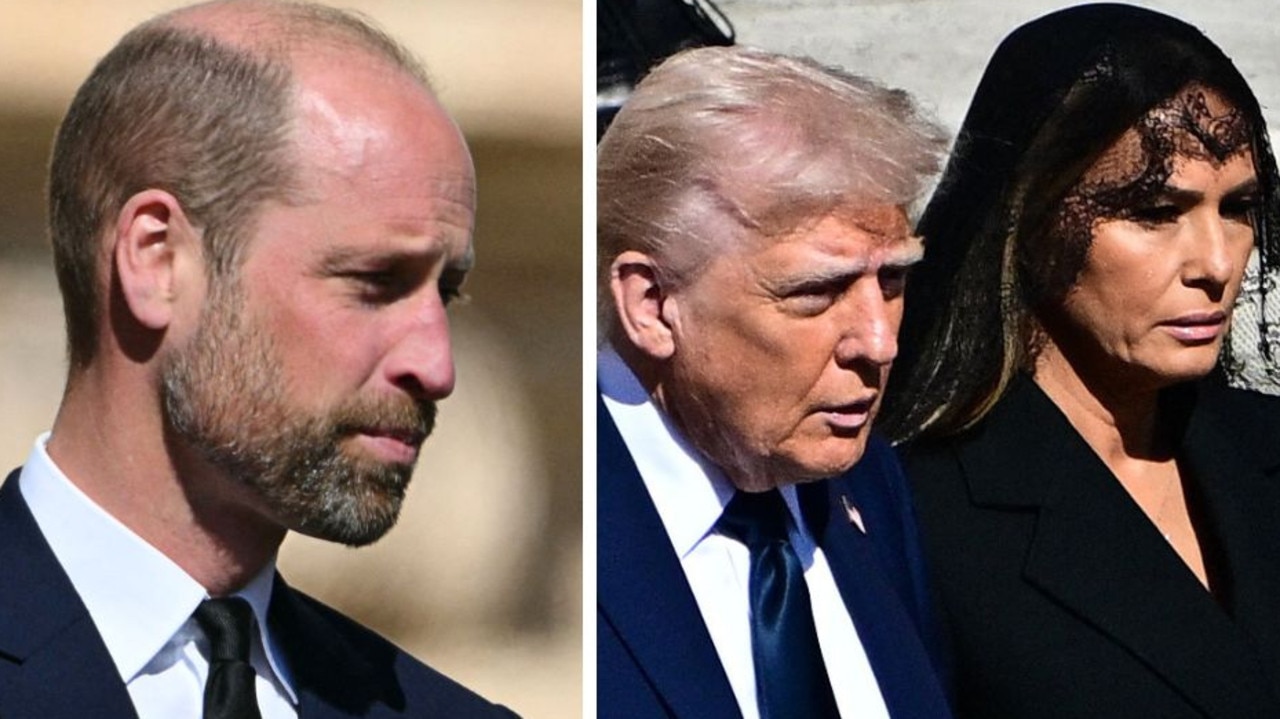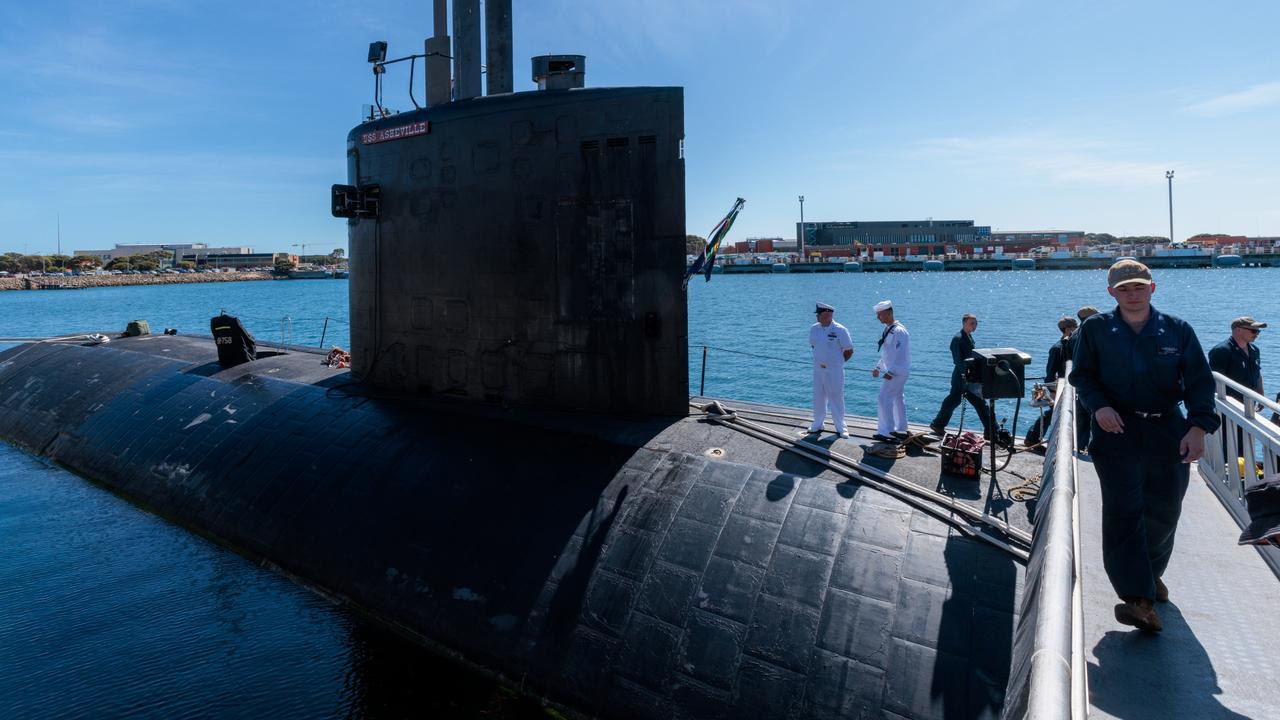‘We have failed’: Jeff Bezos explains why Washington Post did not endorse Kamala Harris
Billionaire magnate Jeff Bezos has made a sobering admission about the state of the world and is copping a tidal wave of backlash as a result.
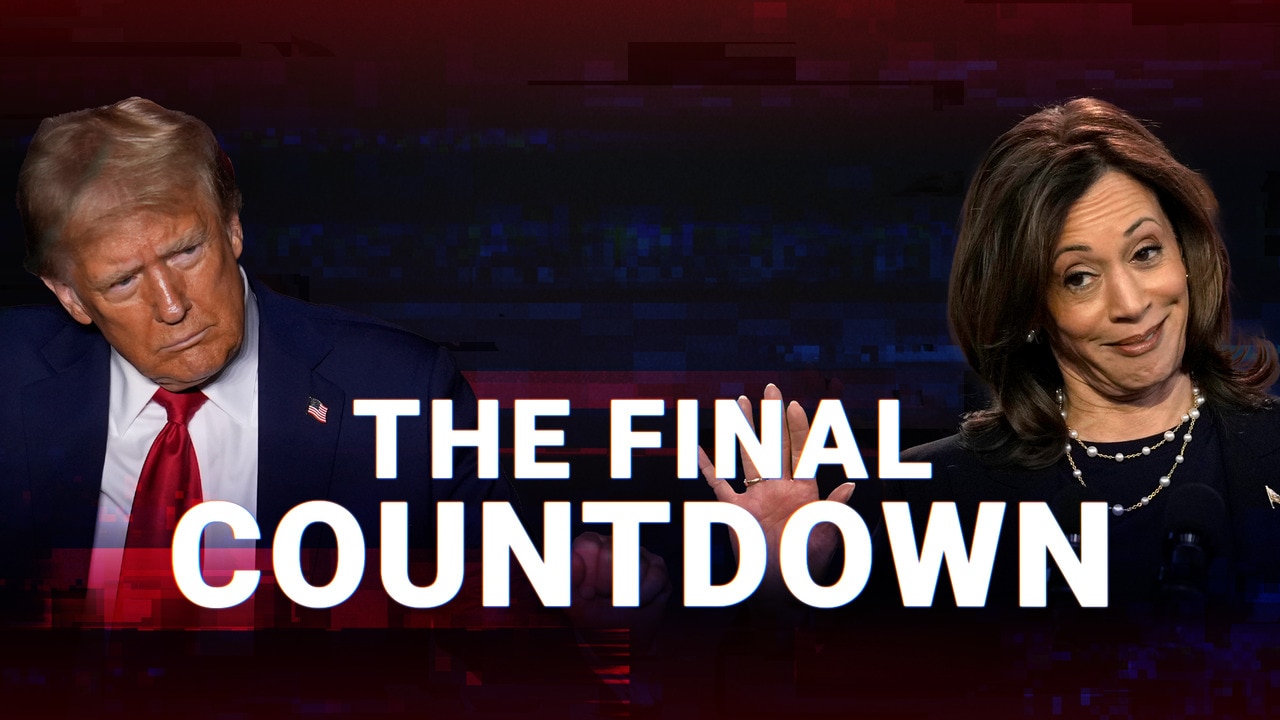
Jeff Bezos has entered the lion’s den of reader comment backlash after penning an op-ed in The Washington Post to explain why the influential newspaper he owns made the controversial decision not to endorse Kamala Harris.
The paper’s announcement on Friday, days ahead of the close US election, that it would no longer endorse presidential candidates sparked furious backlash from journalists and subscribers, with thousands threatening to cancel their subscriptions.
The Post editorial board had endorsed presidential candidates for much of the last four decades, all of them Democrats, and had been expected to throw its support behind the Vice President against Republican nominee Donald Trump.
Mr Bezos, the billionaire founder of Amazon who purchased the newspaper in 2013, wrote in an opinion piece on Monday justifying the move that the “hard truth” was “Americans don’t trust the news media”.
“Presidential endorsements do nothing to tip the scales of an election,” Mr Bezos wrote.
“No undecided voters in Pennsylvania are going to say, ‘I’m going with Newspaper A’s endorsement.’ None. What presidential endorsements actually do is create a perception of bias. A perception of non-independence. Ending them is a principled decision, and it’s the right one.
“Lack of credibility isn’t unique to The Post. Our brethren newspapers have the same issue.
“And it’s a problem not only for media, but also for the nation. Many people are turning to off-the-cuff podcasts, inaccurate social media posts and other unverified news sources, which can quickly spread misinformation and deepen divisions.”
But the decision to remain as unbiased as possible has hit a nerve with the newspaper’s readers, with some claiming it was a move to benefit Mr Trump.
Some commenters were so incenced that they accused Mr Bezos of hiding the fact that his paper is “complicit in failing to cover Mr Trump to inform the public of the danger imposed and his plan to install himself as a dictator”.
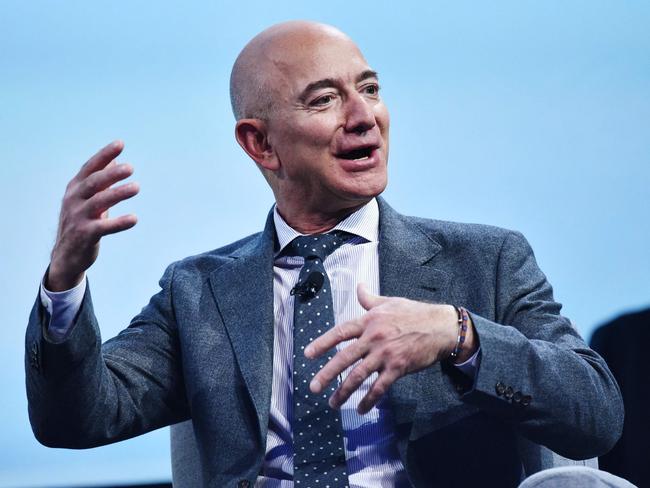
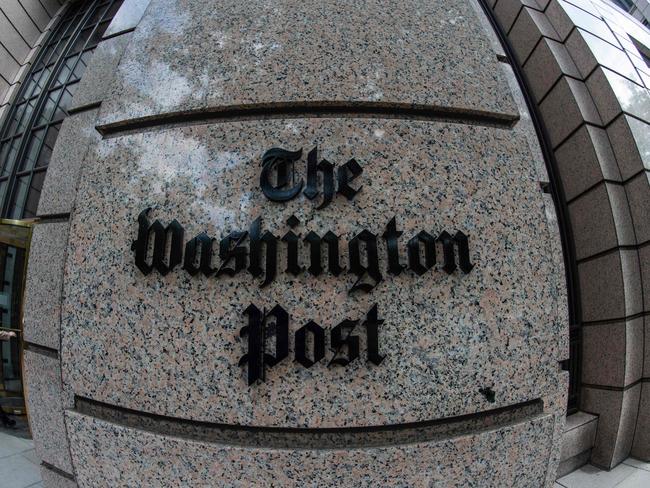
Mr Trump, who was already President from 2016-2020, has been vocal in his opinions on fairness in the voting system and still to this day claims the 2020 election was rigged against him.
Other commenters called Mr Bezos’ gargantuan fortune into question, accusing him of malpractice and suggesting he is the wrong person to be running a newspaper of such prominence.
“Not surprised that a billionaire who makes his employees pee in bottles and kills employee collective bargaining so he can buy another mega-yacht or rocket has doubled down on cowardice and greed at the expense of democracy,” the person wrote.
“I believe Bezos the billionaire capitulated to protect his vast financial interests. I find that very scary,” another wrote.
“Want to know a major reason news organisations aren’t trusted? Because they’re controlled by uber rich people who purchase and use them to push their own agendas.”
Mr Trump’s campaign quickly pounced at the news, crowing that “Harris is so bad, The Washington Post decided to never endorse another presidential candidate again”.
The Washington Post Guild, which represents unionised staff at the newspaper, said it was “deeply concerned”.
“We are already seeing cancellations from once-loyal readers,” a statement said.
US media reported that a senior Post figure, editor-at-large Robert Kagan, had resigned in protest. Other senior figures from the paper’s present and past have publicly expressed their disapproval as well.
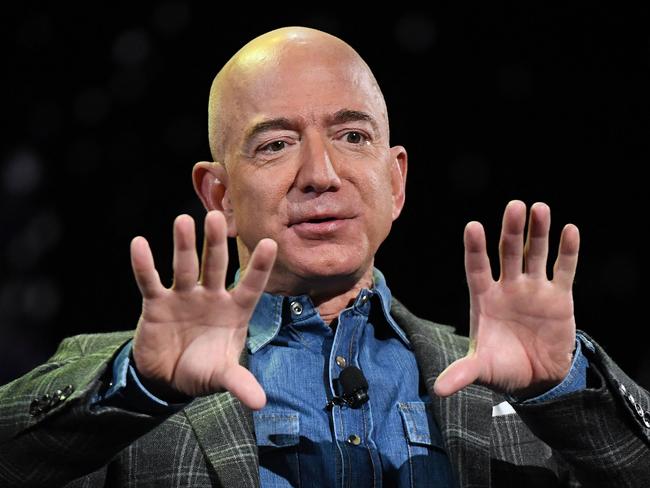
The Post’s decision follows a similar move by another of the big remaining US newspapers, The Los Angeles Times.
The billionaire owner of the Times, Patrick Soon-Shiong, blocked the editorial board from issuing an endorsement of Ms Harris, according to editorial editor Mariel Garza, who resigned in protest, along with fellow editorial board members Karin Klein and Robert Greene.
“I respect the owner’s right to interfere with editorials; that is one place where he ethically can do so,” Ms Klein explained on social media.
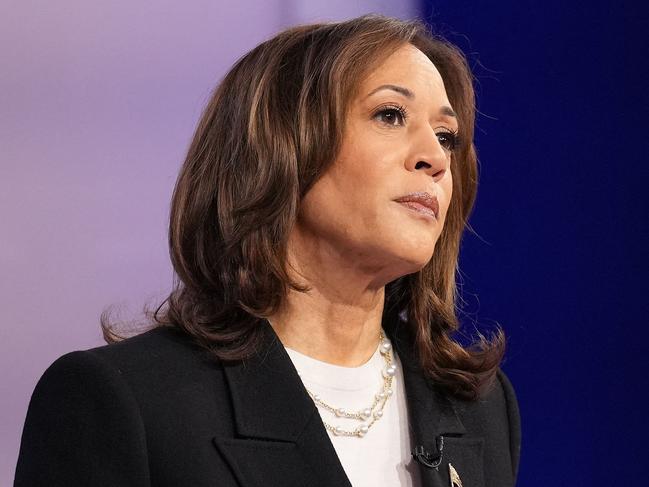
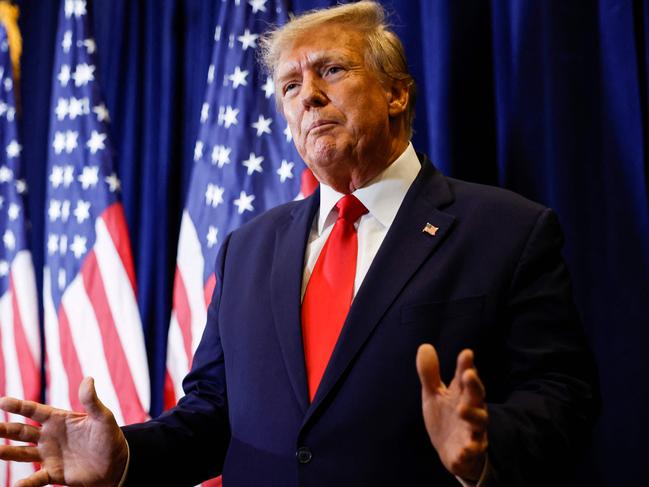
“What steams me is that a decision against an editorial at this point is actually a decision to do an editorial, a wordless one, a make-believe-invisible one that unfairly implies that (Harris) has grievous faults that somehow put her on a level with Donald Trump.”
Dr Soon-Shiong said his decision was intended to make the Times “less divisive”.
According to multiple reports, including reporting from The Washington Post itself, Mr Bezos likewise intervened to block the board from publishing its editorial in favour of Ms Harris.
A draft of the endorsement was reportedly written, and ready to be published, when Mr Bezos made the decision to kill it.
The Amazon boss has a range of business interests, some of them involving government contracts, that could be affected if Mr Trump returns to office – particularly if the former president is in the mood for retribution.
The Republican has repeatedly criticised Mr Bezos in the past, and is currently allied with Tesla and SpaceX billionaire Elon Musk, who is in some respects a direct rival to Mr Bezos.
More Coverage
Originally published as ‘We have failed’: Jeff Bezos explains why Washington Post did not endorse Kamala Harris



